
Let's Read
Children experiencing disadvantage often have fewer books at home, which impacts the development of vital literacy skills.
This can mean children start school behind – and most children who start school behind risk missing key learning benchmarks throughout their education.1 That’s why supporting early literacy for children experiencing disadvantage is so important.
Strong literacy skills are vital for all aspects of a child’s learning – and are essential in daily life.
Research shows that when parents and carers read to young children, their child’s reading and other cognitive skills are improved, which benefits them throughout their life.2
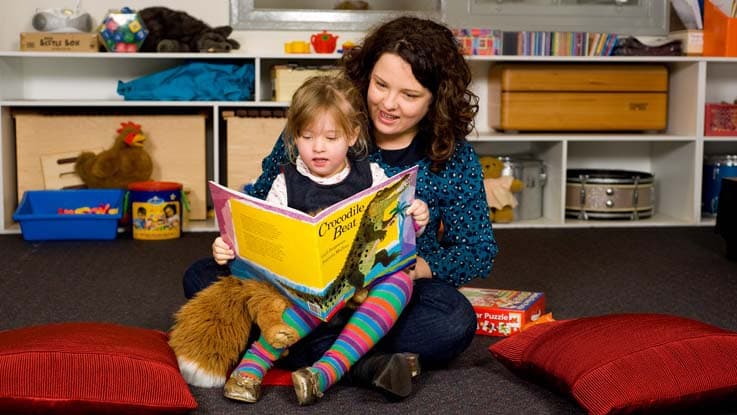
What is Let's Read?

Let’s Read is a national community-based program that supports early reading for children from birth to five years.
Developed in 2005 by the Centre for Community Child Health at the Royal Children’s Hospital, Melbourne, the program is delivered by The Smith Family in partnership with Murdoch Children's Research Institute.
Let’s Read provides parents and carers facing disadvantage with books and practical support to encourage reading with their young children, helping to create a home environment where literacy can grow. The program also supports children in becoming familiar with letters and enjoying word play. Assistance is offered at four key stages in early childhood: 4 months, 12 months, 18 months, and 3.5 years.
Recognising that children learn best when shown and told, Let’s Read shares clear, simple guidance using a “Share and Show” approach for parents and carers.
How does Let's Read help?
The Smith Family visited a Youth Health Service to speak to young mums about the importance of early childhood literacy. The young mums were excited to receive their book and loved the helpful hints about how they can successfully read with their child. One young mum commented: 'We don't really know about lots of kid stuff because we're new at this. Everything is a little overwhelming and scary. The Let's Read program helps us help our kids.
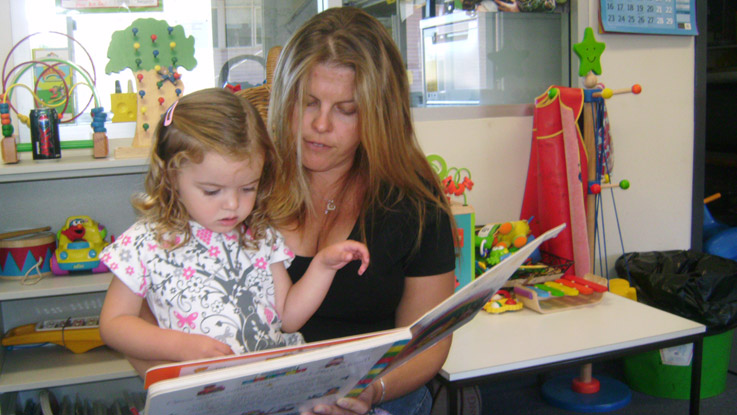
Working with communities to boost early literacy
To build on existing relationships within communities, the program is delivered by professionals already connected with families experiencing disadvantage, such as maternal and child health workers, early childhood workers and local playgroups.
Our success so far:
-
25,018
children have discovered the joy of reading with the Let’s Read program in 2024-25. -
1,290+
community professionals delivering the Let’s Read program in 2024-25.
Our learning programs
-
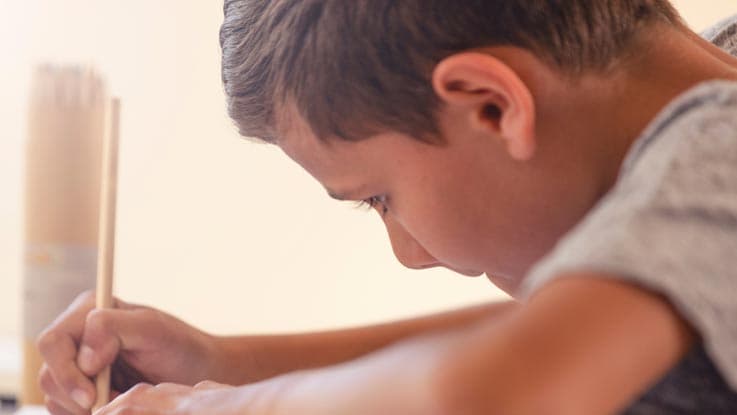
Aboriginal and Torres Strait Islander programs
Our work engages Aboriginal and Torres Strait Islander communities in learning through education, life skills and role models, promoting culturally responsive practice. -
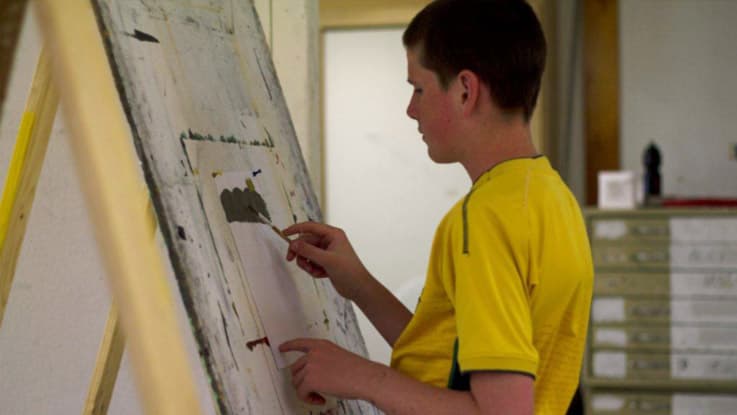
Arts programs
Providing students living with disadvantage access to arts programs to help support students'; engagement with school by increasing their creative skills, self-confidence, social networks and knowledge of post-school options. -
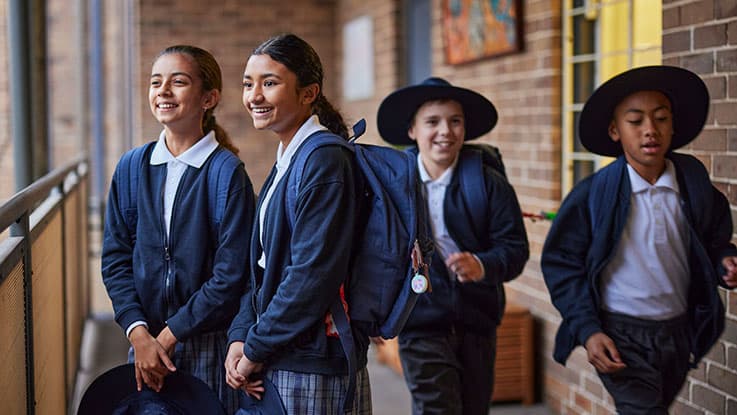
Community programs
We partner with government, schools, families, and other service providers to improve educational outcomes for children. -

Financial programs
We offer financial programs for parents facing disadvantage and an interactive high school program, building youth financial literacy, decision-making skills, and future awareness. -
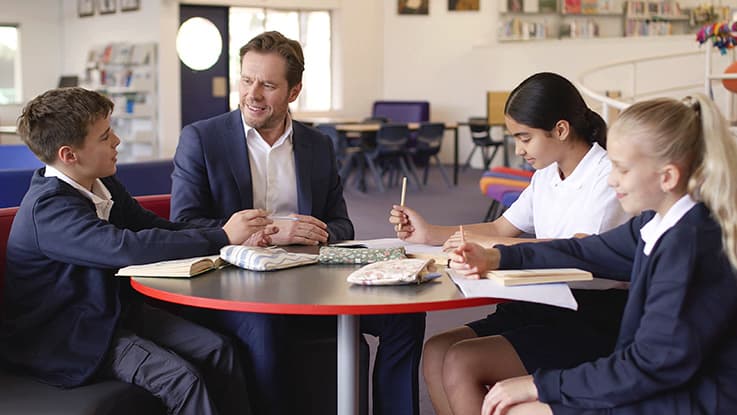
School transition programs
Providing help for students transition from primary to high school by enhancing their skills, knowledge, and attitude for the new learning environment. -
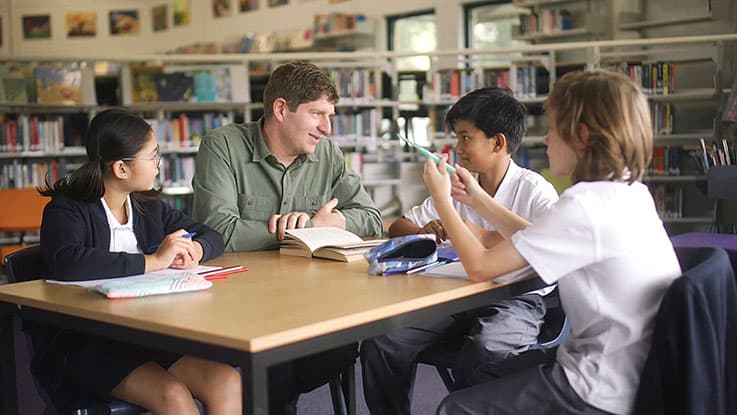
Learning Clubs
After-school Learning Clubs give children help with literacy homework in a safe, supportive environment, encouraging children to better engage with their learning. -
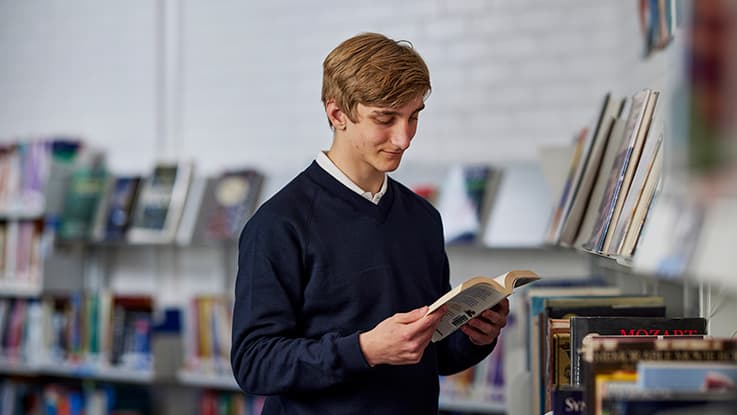
Literacy programs
Providing resources and support to help children living with disadvantage achieve the required reading standard. -
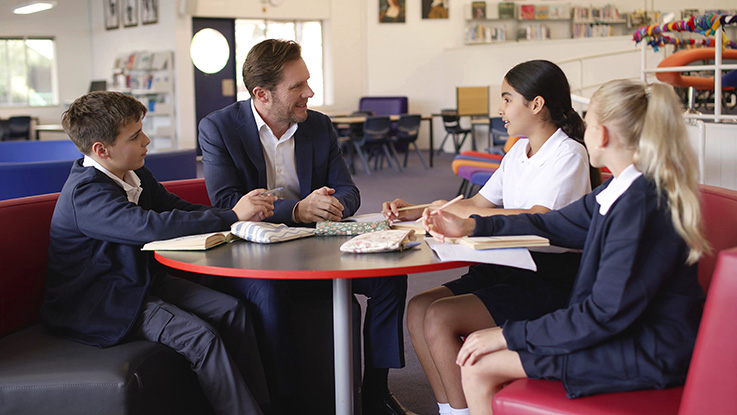
Educators programs
The Connection brings educators together to strengthen leadership practice and improve outcomes for children and young people. -
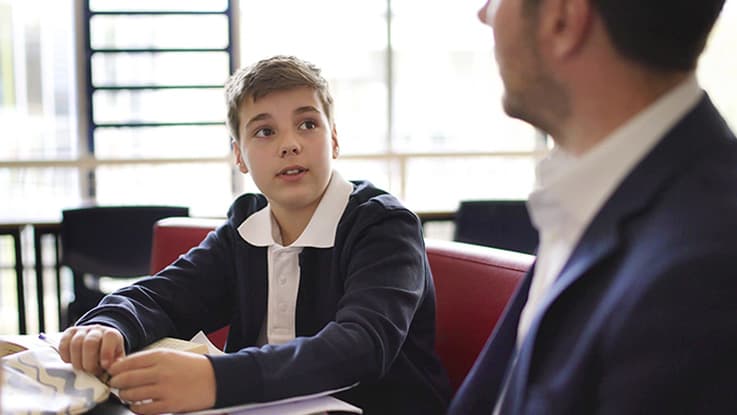
Mentoring programs
Mentoring programs for students living with disadvantage that provide the encouragement they need to build aspirations for their future. -

Numeracy programs
We support early years educators and community professionals in building foundational math skills in children under their care. -
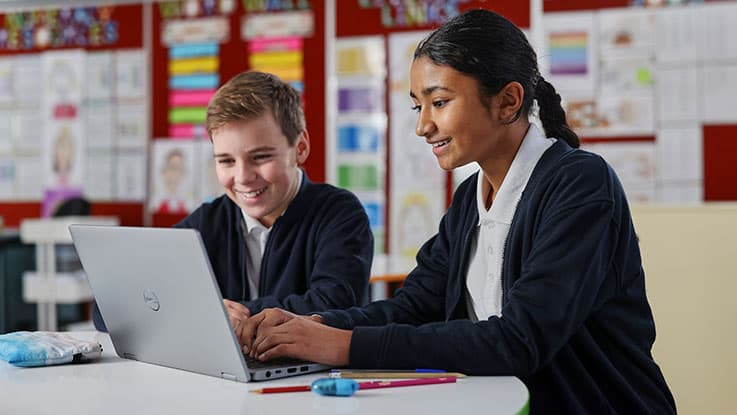
Technology programs
Providing children and young people living with disadvantage with the critical skills, access, and equipment they need. -
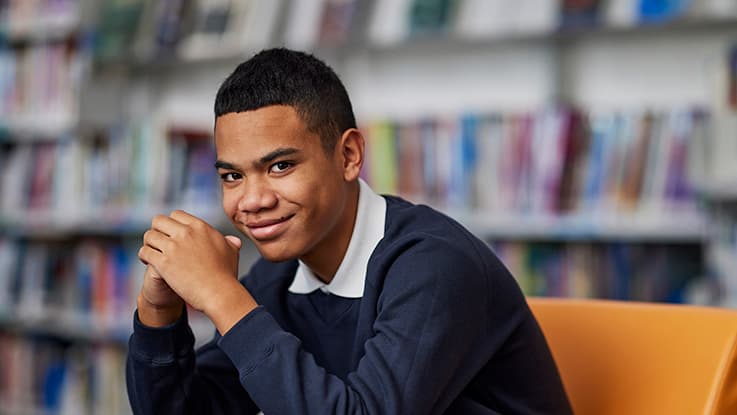
Work experience programs
We provide work experience programs for students living with disadvantage, to help them explore their future career options and potential job opportunities.
1. Australian Education Research Organisation (2023). “Fewer than 1 in 5 students who are behind in Year 3 catch up and stay caught up”. edresearch.edu.au/other/articles/fewer-1-5-students-who-are-behind-year-3-catch-and-stay-caught
2. Victoria Government Department of Education and Early Childhood Development, University of Melbourne (2021). “Reading to Young Children: A head-start in life”.


